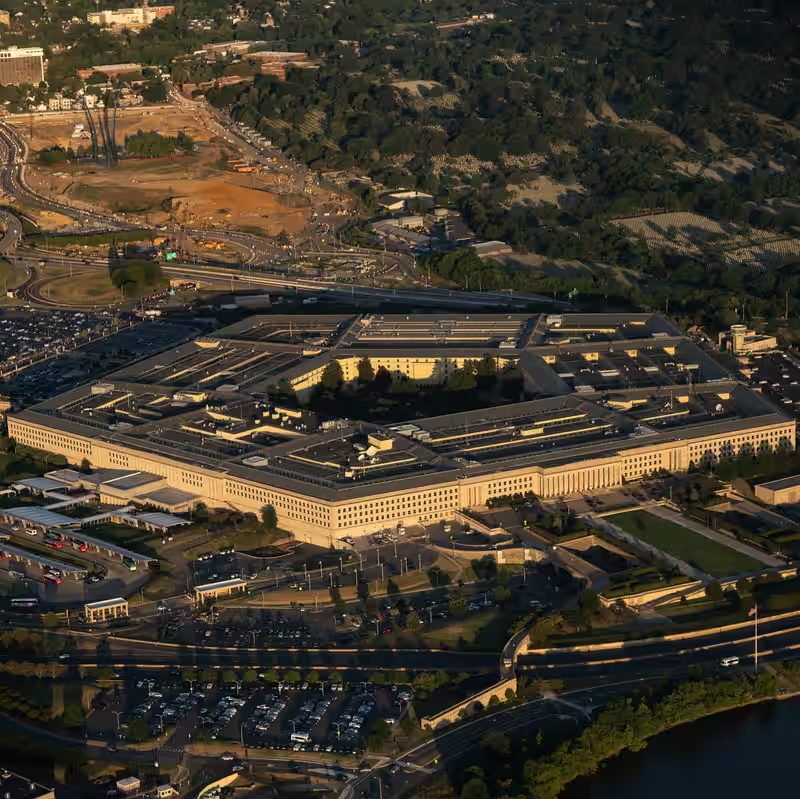Table of Contents
- The New Pentagon Press Guidelines
- What Actually Changed?
- Why Reporters Remain Wary
- Press Freedom Under the Trump Administration
- What Happens Next for Pentagon Reporters?
- Sources
Pentagon Press Rules Relaxed—But Questions Linger
In a surprising shift, the U.S. Department of Defense announced on October 6, 2025, that it has relaxed key restrictions on journalists covering the Pentagon. Under the revised guidelines, reporters will no longer need prior approval from the Defense Department before publishing stories that include information not officially released by the government.
This update comes after more than two weeks of intense negotiations between the Pentagon and major news organizations—including The New York Times, NPR, and NBC News—who had raised alarms over an earlier draft that appeared to impose government pre-approval on journalistic work.
What Actually Changed in the Pentagon Press Rules?
The most significant clarification in the new Pentagon press rules is this: journalists are not required to submit their writings for government review before publication. This directly addresses a major concern from the media, which interpreted the original draft as a potential prior restraint—a serious red flag for First Amendment advocates.
However, the revised policy still includes provisions that could jeopardize press credentials. Reporters may be labeled a “security risk” and lose access if they are found to have encouraged government officials to violate disclosure laws.

Why Reporters Remain Wary
Despite the rollback, many journalists remain cautious. The language around what constitutes a “security risk” is still vague. For example, does asking a source about unclassified but sensitive operations count as “encouragement”? The policy doesn’t say.
“The devil is in the details,” said Nancy Youssef, a veteran Pentagon correspondent now with The Atlantic. “Even if they say we don’t need pre-approval, the threat of losing credentials is enough to make people think twice.”
| Key Change | Before | After (Oct. 2025) |
|---|---|---|
| Pre-publication approval | Required (per initial draft) | Not required |
| Credential revocation | Possible for vague “security” reasons | Still possible if reporter “solicits” leaks |
| Workspace access | Removed for 8 major outlets | No change—still limited |
Press Freedom Under the Trump Administration
This latest policy shift occurs against a backdrop of escalating tensions between the Trump administration and the press. Earlier in 2025, the White House barred The Associated Press from select events over its refusal to adopt the “Gulf of America” rebrand. President Trump also filed—and quickly lost—a defamation lawsuit against The New York Times in September.
Defense Secretary Pete Hegseth, appointed in early 2025, has spearheaded a broader effort to limit traditional media access. In January, his department removed dedicated workspaces for The Times, NBC, Politico, and NPR. Later, four more outlets lost their desks—while pro-Trump outlets like Breitbart and Newsmax gained access.
“The ‘press’ does not run the Pentagon—the people do,” Hegseth posted on social media last month, defending the changes as part of a “populist transformation.”
What Happens Next for Pentagon Reporters?
News organizations now have one week to review and sign the updated Pentagon press policy. Signing doesn’t mean agreement—it simply acknowledges awareness of the rules. But refusing to sign could mean losing hard-won credentials.
Still, many reporters say they’ll continue their work regardless. “I would stay on the beat,” Youssef affirmed. “This work is important.”
For now, the Pentagon press rules are less restrictive—but the battle over transparency, access, and the role of a free press in a secure democracy is far from over.




